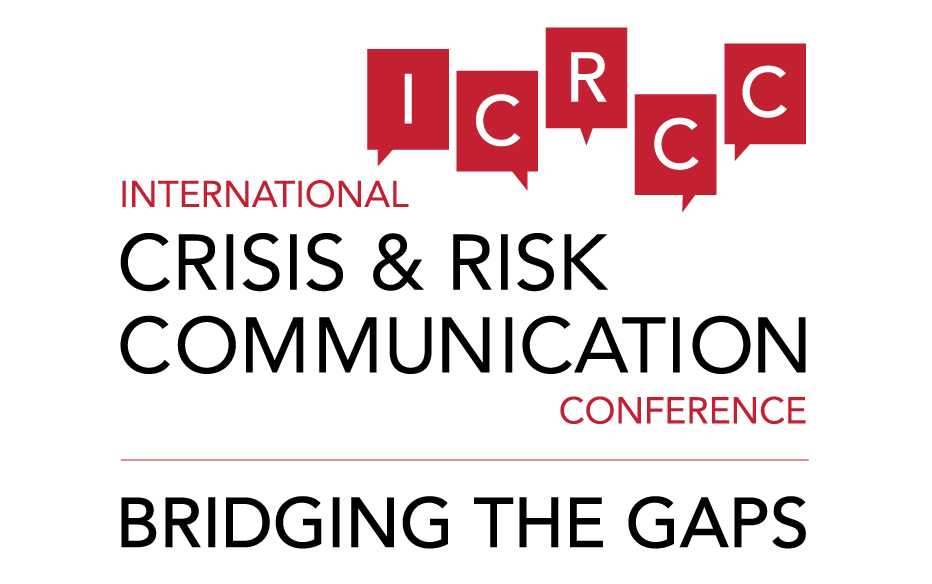
Chairman
Crisis Management International, Behavioral Medical Interventions and Crisis Care Network
United States
Bruce Blythe is an internationally acclaimed crisis management expert. He has been personally involved in a great variety of crises and is widely regarded as a thought leader in the area of crisis leadership and crisis management. Author of the book Blindsided: A Manager’s Guide to Crisis Management, he has appeared on numerous TV shows and makes over 50 keynote presentations a year. Bruce has served in the Military Police and the U.S. Marine Corps, is a certified clinical psychologist and has been a consultant to the FBI on workplace violence and terrorism.
2015
Crisis Leadership
At the heart of any crisis response are strategic decisions that will serve as “defining moments.” These strategic decisions have the critical power to bring you and your organization swiftly toward successful resolution . . . or they can spiral you deeper into entanglements that can increase the damage.
Most crisis preparedness is focused at the tactical level; i.e., evacuation, emergency response, notifications, communications, accommodating media, etc. Beyond tactics, the attention here will be on crisis decision-making and strategic crisis management (defined as making the right decisions and doing the right things during high-consequence crisis situations). The content model is based on empirical research and field-tested methods from world-recognized crisis thought leader, Bruce T. Blythe.
Leadership in unexpected crises (involving high visibility, inadequate time and information, personal stress, and high-velocity developments) can require skills and capabilities beyond daily leadership activities. This Strategic Crisis Leadership presentation answers the question, “How can leaders throughout the organization optimize their personal and team effectiveness when an unexpected crisis hits?” The objective is to increase the likelihood that, when needed, participants will become crisis champions.
Individual and team-oriented take-and-use skills will be instilled for each participant (whether senior executives, or managers with crisis leadership responsibilities in their areas of expertise). Personal Strategic Crisis Leadership concepts will be learned and experienced through expert commentary, interactive participant discussion, and leave-behind materials, including a Strategic Crisis Leadership Checklist.
2014
General Session: Human Side of Crisis
Imagine an explosive, high-consequence incident occurs right now in your workplace. You must response swiftly and effectively to people who have been harmed.
Ultimately, effective crisis management hinges on attending to the needs and concerns of all people who are impacted stakeholders. If any stakeholder group is inadequately addressed, human-related complications and barriers to crisis resolution will arise, e.g., misunderstandings, outrage, hostile actions, fear, blame, etc.
In addition, crisis standards (e.g., PS Prep law passed by Congress) require that corporate crisis preparedness include not only damage assessment and mitigation for economic resources and physical assets, but also for people impacted by disasters.
Three unprecedented disasters of the century have occurred within the last 10 years (9/11; Indonesian tsunami and Hurricane Katrina). The lessons repeatedly learned from these and other traumatic incidents are that effective preparedness and response for the human-side of crisis management is absolutely vital for crisis recovery.
A focus of this presentation will be on the human side of crisis-related loss control and (when applicable) return to work. A sample ROI case study (Family Dollar) will be presented where, “The employee retention rate after traumatic events increased 29% with no lost time. Only 6 percent of cases progress into the workers’ comp system and those claims are 15 percent less costly. This has been a huge saving in workers compensation and costs related to our previously high turnover”, said Family Dollar’s Division VP Risk Management.
Participants will learn the components of a comprehensive management response to address the needs of crisis-impacted stakeholders, from employees and families, to others affected by a crisis situation with real and perceived harm. The field-tested methods of the presenter’s 25 years of crisis response and recovery will be provided


